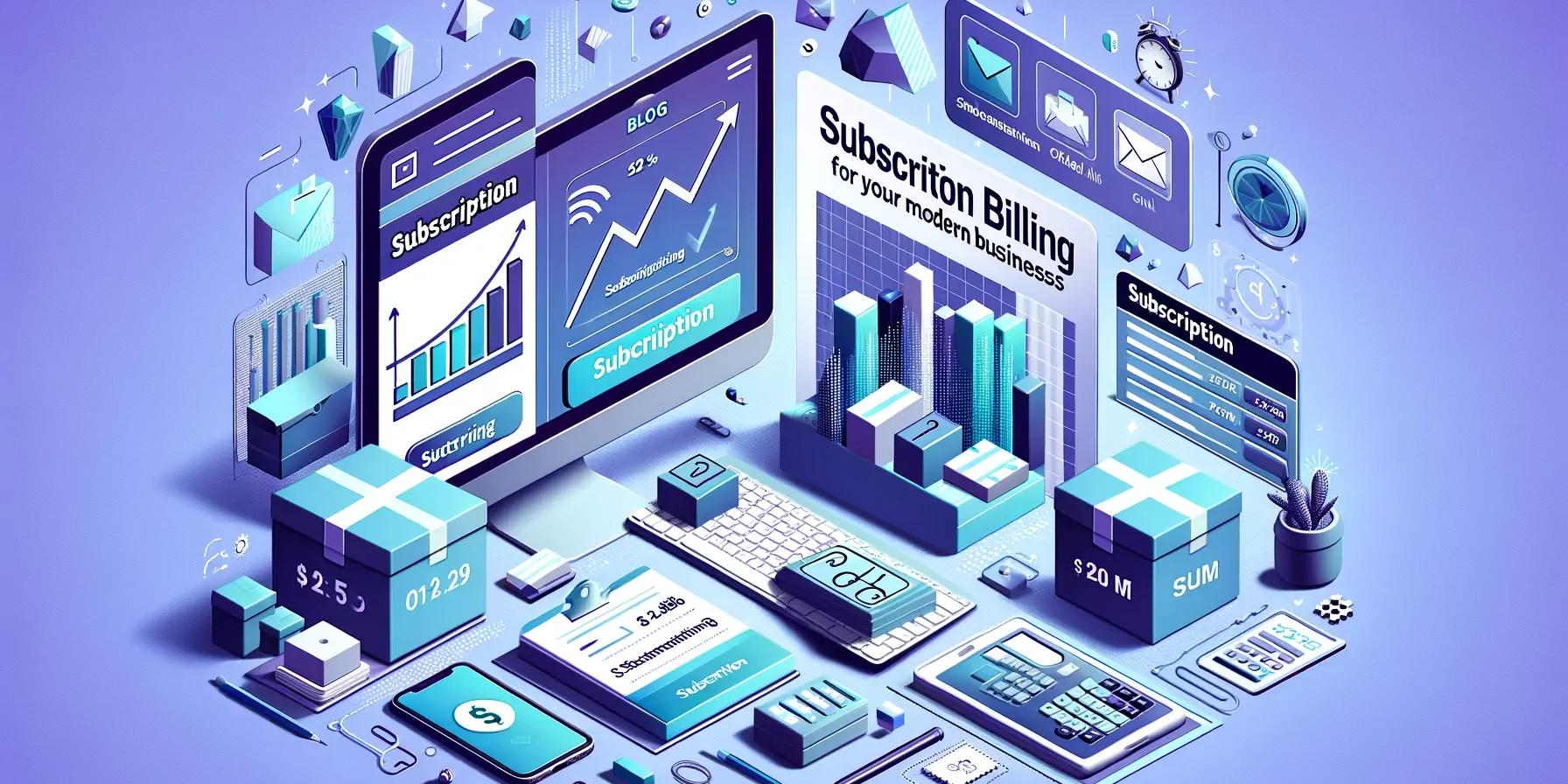

Ivan Breet
Founder
18 December, 2023
Key Takeaways
| Aspect | Detail |
|---|---|
| Essential Role of Payment Gateways | Facilitates secure, efficient online transactions and is a crucial link between businesses and the customer's financial institutions. |
| The Payment Process | Involves encryption, secure data transmission, and involves multiple key players like merchants, customers, and banks. |
| Types of Payment Gateways | Includes direct integration, hosted gateways, payment aggregators, and white label solutions, each with unique pros and cons. |
| Choosing the Right Gateway | Factors to consider include transaction volume, business model, security, payment methods, and customer experience. |
| Advanced Security Measures | Implementation of end-to-end encryption, 2FA, and compliance with standards like PCI DSS for fraud prevention. |
| Navigating Global Challenges | Managing multiple currencies, automated tax calculations, and understanding VAT/GST for international transactions. |
| Optimizing Online Transactions | Focus on user experience design, mobile optimization, personalization, and continuous feedback for improvement. |
| Conclusion: Ensuring Seamless Transactions | Emphasizes the importance of choosing a payment gateway that aligns with business needs and customer expectations. |
Introduction: The Backbone of Online Transactions
Why Payment Gateways are Essential for Online Businesses
The ability to transact online efficiently and securely is not just a convenience but a necessity for businesses. This is where payment gateways play a pivotal role. They are the crucial link between a company and its customer's financial institutions, ensuring that online payments are processed seamlessly, securely, and swiftly. Understanding the mechanics of payment gateways, their benefits, and the various types available is fundamental for any online business. This article offers an in-depth look into the world of payment gateways, providing you with the knowledge to choose the best solution for your business.
Unveiling the Payment Gateway Ecosystem
How Online Payments Are Processed
The Role of a Payment Gateway
A payment gateway acts as a mediator between a merchant's website and the financial institutions involved in the transaction. It securely transmits transaction data, ensuring that payment information is passed safely from the customer to the acquiring bank.
Transaction Flow Explained
The process begins when customers enter their payment details on the merchant's site. The payment gateway encrypts this data and sends it to the payment processor. From there, it's passed to the card network (or modern payment equivalents) and the issuing bank for authorization. The transaction is completed upon approval, and the funds are transferred to the merchant's account.
Key Players in a Transaction
- Merchant: The business owner or entity selling products or services online.
- Customer: The individual making a purchase.
- Merchant Account: A bank account that allows a business to accept and process electronic payment card transactions.
- Payment Processor: The system that communicates transaction information between the merchant, gateway, and banks.
- Card Network: Entities like Visa or Mastercard that facilitate card transactions. Equivalents in the modern web include crypto, smart EFT options, and more.
Diving into Different Payment Gateway Types
Exploring Options for Online Transactions
Direct Integration Gateways
Control and Customization at Your Fingertips
Direct integration, exemplified by platforms like Stripe or PayPal Checkout, integrates directly into your website, offering a seamless customer experience.
Advantages:
- Complete control over the payment process and user experience.
- Direct access to customer data for enhanced analytics.
Challenges:
- Requires technical expertise to set up and manage.
- Depending on the depth of the integration (saving card numbers, etc.), there might be a requirement for PCI compliance and additional data security.
Hosted Payment Gateways
Simplicity and Security Rolled into One
Hosted gateways, like PayPal Payments Pro, redirect customers to the service provider’s platform to complete the transaction.
Advantages:
- Simplified setup and maintenance.
- No direct handling of sensitive payment information.
Challenges:
- Limited control over the checkout experience.
- Possible redirection can disrupt the customer journey.
Payment Aggregators
A Streamlined, All-Encompassing Approach
Aggregators like Square or CronPay offer a simplified setup, acting as a mediator between merchants and financial institutions.
Advantages:
- Quick and easy to set up, ideal for small businesses.
- Broad payment acceptance from various channels.
Challenges:
- Higher transaction fees compared to dedicated merchant accounts.
- Less flexibility in terms of negotiation and customization.
White Label Payment Gateways
Your Brand, Your Gateway
White-label solutions, such as Bambora, allow businesses to brand the payment gateway as their own.
Custom Solutions for Distinct Business Needs
White-label payment gateways offer significant benefits for businesses that prioritize brand consistency and have specific transaction processing needs. They are particularly suitable for large enterprises and platforms that require a high degree of customization and control over their payment processes. When selecting a white-label partner, consider their technology stack, security features, customer support, and integration capabilities. Successful implementations often feature a seamless blend of brand alignment and technological proficiency.
Advantages:
- Offers a branded payment experience.
- Complete control over customer data and analytics.
Challenges:
- Higher costs for development and maintenance.
- Like direct, it involves handling compliance and security measures.
Finding Your Perfect Payment Gateway Match
Strategically Selecting the Ideal Gateway for Your Business
Choosing the right payment gateway is a critical decision for any online business. It involves balancing various factors to find a solution that best fits your specific needs. Here are key points to consider in this selection process:
-
Technical Support and Reliability: Reliable customer support and uptime guarantees are critical. Ensure the provider offers robust technical support to address issues promptly.
-
Fees and Contract Terms: Understand all costs involved, including transaction fees, monthly fees, setup fees, and any other hidden charges. Also, review the contract terms for any clauses that might affect your business flexibility.
-
Customer Experience: Evaluate the checkout process offered by the gateway. A smooth, quick, and user-friendly payment experience can reduce cart abandonment rates and enhance customer satisfaction.
-
Transaction Volume and Size: Assess your average transaction volume and size. Some gateways are better suited for high-volume, low-value transactions, while others are more cost-effective for more extensive, less frequent transactions.
-
Business Model and Industry: Your industry and business model can influence the type of gateway you need. For example, subscription-based services require a gateway with strong recurring billing capabilities.
-
Security and Compliance: Ensure the gateway adheres to the highest security standards, like PCI DSS compliance, to protect sensitive payment information. This is crucial for maintaining customer trust and avoiding data breaches.
-
Payment Methods and Currencies: Consider the variety of payment methods (credit cards, e-wallets, bank transfers) and currencies you need to support, especially if you cater to a global customer base.
-
Integration with Existing Systems: The payment gateway should seamlessly integrate with your existing e-commerce platform, accounting software, and other business systems for smooth operations.
-
Future Scalability: Choose a gateway that can scale with your business. As your business grows, your payment processing needs will evolve, and your gateway should be able to accommodate these changes.
-
Reputation and Reviews: Research the provider’s reputation in the market. Customer reviews and testimonials can offer insights into the reliability and performance of the gateway.
-
Innovation and Active Roadmap: Payment gateways adopt new technologies, trending features, and patterns at a different pace as they try to balance new features and reliability.
Advanced Security and Fraud Prevention in Payment Gateways
Fortifying Your Online Transactions
Today, advanced security measures and fraud prevention strategies are not just optional - they are essential. Here’s a look at how to strengthen the security of your payment gateway:
Implementing Robust Security Protocols
-
End-to-End Encryption: Ensure that all transaction data is encrypted from the point of entry to the final processing. This minimizes the risk of data interception.
-
Two-Factor Authentication (2FA): Implement 2FA for additional security during transactions, adding an extra layer of verification. Often referred to as Multi Factor Authentication (MFA) and manifested as 3D Secure (3DS).
-
Regular Security Audits: Conduct periodic audits to assess and reinforce the security infrastructure of your payment gateway.
Advanced Fraud Detection and Prevention
-
Machine Learning Algorithms: Utilize machine learning tools to detect unusual transaction patterns and potential fraud.
-
Address Verification System (AVS): Implement AVS checks to verify the address of a person claiming to own a credit card.
-
Card Verification Value (CVV) Checks: Require CVV input for all transactions to ensure the cardholder is in possession of the card.
Keeping Up with Compliance Standards
-
PCI DSS Compliance: Adhere to the Payment Card Industry Data Security Standard (PCI DSS) for handling cardholder information.
-
Regular Updates on Compliance Laws: Stay informed about the latest compliance regulations in different regions and industries.
Navigating Tax and Currency Challenges in Global Transactions
Optimizing Your Payment Gateway for International Business
Dealing with multiple currencies and tax regulations can be complex, especially for global businesses. Here’s how to effectively manage these challenges:
Currency Conversion and Support
-
Multi-Currency Support: Choose a payment gateway that supports multiple currencies, allowing customers to pay in their local currency.
-
Dynamic Currency Conversion (DCC): Consider offering DCC to provide customers with the option of converting the purchase amount to their home currency at the point of sale.
Understanding and Managing Taxes
-
Automated Tax Calculations: Utilize payment gateways that offer automated tax calculation features, adapting to different tax laws across regions.
-
Staying Informed on VAT/GST: Regularly update your knowledge on Value Added Tax (VAT) or Goods and Services Tax (GST) applicable in different countries.
-
Integration with Tax Compliance Software: Integrate your payment gateway with tax compliance software to ensure accuracy and efficiency in tax calculations and filings.
Bonus Section: Beyond the Gateway
Maximizing Efficiency and Security in Online Transactions
The selection of a payment gateway is just the beginning. To truly optimize your online payment process and ensure business success, it’s crucial to delve deeper. Here are additional aspects and resources to consider:
Optimizing the Checkout Process
-
User Experience Design: Implement design principles that make the checkout process intuitive, fast, and hassle-free to reduce cart abandonment.
-
A/B Testing: Regularly test different aspects of your payment process to determine what works best for your audience, from button placement to form fields.
-
Mobile Optimization: Ensure that your payment gateway provides an excellent mobile experience, as an increasing number of transactions are made on mobile devices.
-
Personalization: Tailor the checkout experience to individual customers where possible, such as remembering payment preferences or offering localized payment options.
-
Security Measures: Continuously update and fortify your security measures to protect customer data and build trust.
Continuous Improvement and Feedback
-
Customer Feedback: Actively seek and incorporate customer feedback to continually improve the payment experience.
-
Analytics and Monitoring: Use analytics tools to monitor transaction success rates, identify issues, and make data-driven decisions to improve performance.
Conclusion: The Gateway to Seamless Transactions
Empowering Your Online Business
In conclusion, understanding and selecting the right payment gateway is critical for the success of any online business. It's not just about processing transactions; it's about creating a seamless, secure, and efficient experience for your customers. Whether you opt for a direct integration, hosted, aggregator, or white-label solution, ensure that it aligns with your business needs and enhances your customer's journey. Remember, the right payment gateway can be the key to unlocking your business's full potential in the digital marketplace.


